Affiliated Faculty
This list of affiliated investigators can help you identify potential research mentors at the University of Pittsburgh. PSTP students can, and do, work with mentors not on this list, but the investigators featured below have expressed interest in hosting PSTP students in their laboratories.

Demand adapted hematopoiesis in infection and inflammation

Host-Pathogen Interaction in Pulmonary Immunity; Immune Homeostasis and Hematopoietic Stem Cell Function

Our research focuses on the development and use of novel systems approaches to analyze high-dimensional immunological datasets, and elucidate mechanisms of immune regulation and dysregulation. Our previous work has utilized systems approaches to analyze Mendelian mutations in the context of three-dimensional protein-protein interaction networks, to understand molecular mechanisms of corresponding disorders. We have also developed network analyses frameworks to characterize the evolutionary dynamics of these protein networks. Another dimension of our past work has been the use of statistical methods for the analyses of high-dimensional data and machine-learning approaches to elucidate correlates of natural and vaccine-mediated immunity in HIV, tuberculosis and malaria.

The Delgoffe Lab studies the impact of the tumor microenvironment on T cell subsets that infiltrate the tumor. We aim to dissect how tumor cells promote an immunosuppressive environment through the modulation of metabolism. We are currently examining this from two major perspectives.
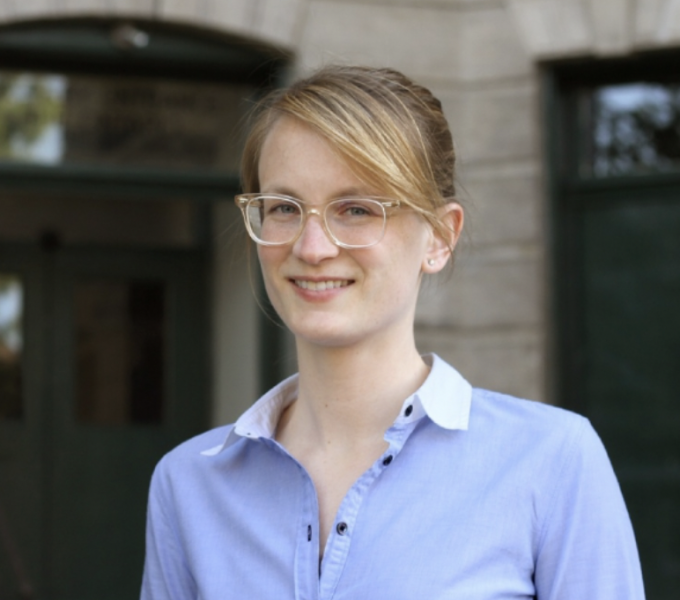
My laboratory is working to understand mechanisms controlling healthy versus pathological innate immune function, with major projects including interrogating lung-specific macrophage signaling and dissecting molecular determinants of monocyte and macrophage inflammatory function during lung infection.

Systems level analysis of T cell repertoires to understand and engineer the immune system.

Innate and adaptive immune response to transplanted organs and the mechanisms of transplantation tolerance

The Li Lab investigates immunoregulatory mechanisms in cancer, pregnancy, and autoimmune diseases, with a particular emphasis on regulatory CD8+ T cells.
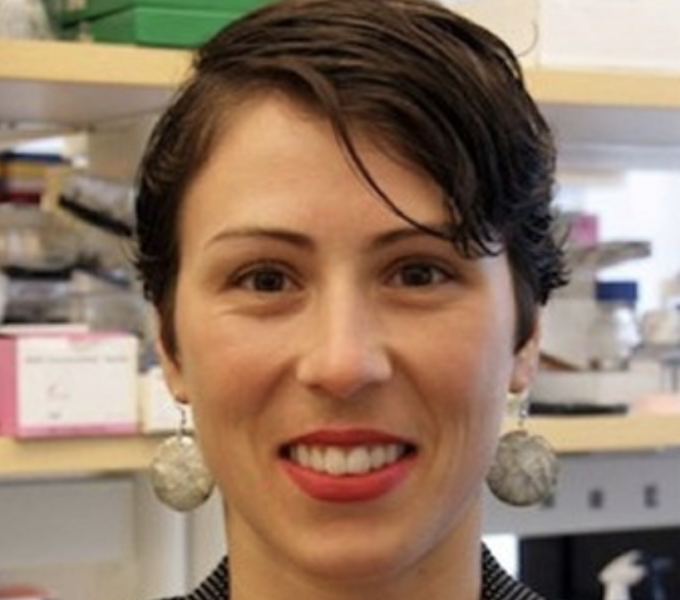
The Meisel lab explores how the microbiota shapes systemic immunity that modulates the etiopathogenesis of complex diseases such as autoimmunity and cancer.

Autoimmunity & the control of T cell immune responses; Systems biology approaches to immune response to infectious organisms
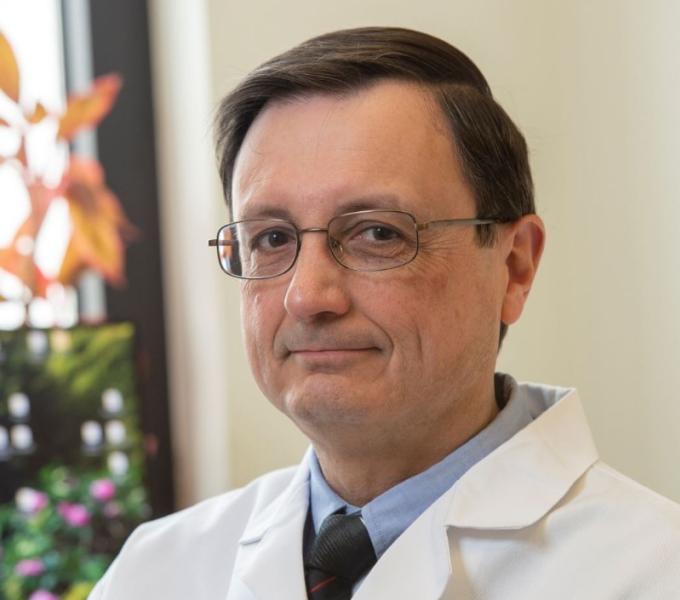
The role of donor- and recipient-derived antigen-presenting cells (i.e. dendritic cells) and extracellular vesicles (i.e. exosomes, microvesicles) during allo-sensitization, graft rejection, and induction of donor-specific immunosuppression / tolerance, following transplantation
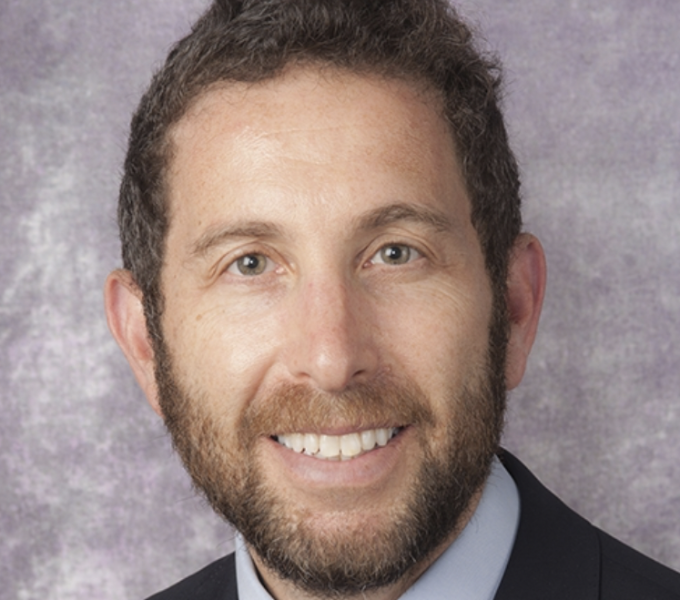
The Morowitz laboratory studies the effects of diet and antibiotics on interactions between the gut microbiome and the immune system.

Immunoregulation: Focusing on regulatory and inflammatory B cells in transplant and autoimmune models, and their use as biomarkers in transplantation; as well as pathways by which regulatory T cells can be enhanced relative to Teffector cells

My research program is focused on studying mechanisms of immune dysregulation by focusing on two areas: I work on the biology of interleukin 9 (IL-9) regulation/signaling in rheumatic diseases, and I study patients with rare monogenic diseases as “real world” models of immune dysregulation.

My lab is interested in the establishment of long term B cell immunity and in pathogenesis of systemic autoimmune diseases and graft vs host disease.

The Snyder lab studies the role of T cells in lung health and disease, focusing on pulmonary fibrosis and rejection after lung transplantation.
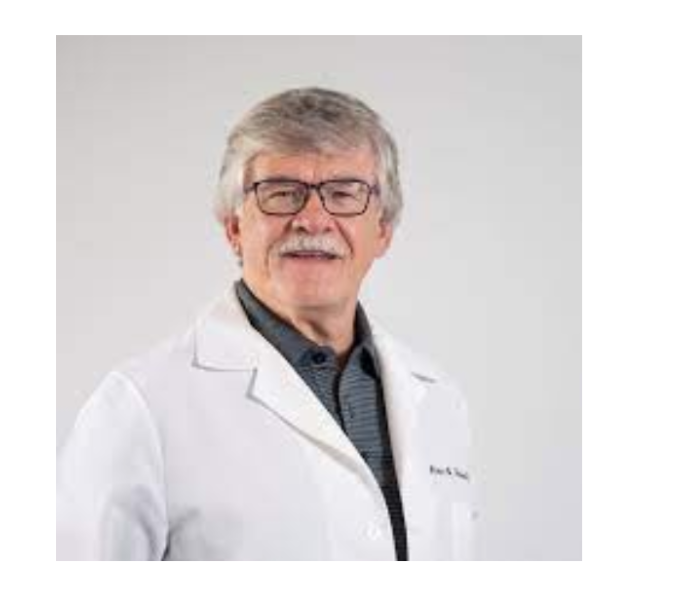
Regulation of the immune response; role of dendritic cells and T cells in tolerance induction; mechanism of action of novel immune suppressants

The Van Tyne Lab studies how bacteria evolve to become superbugs, using comparative genomics and functional analysis. Our research falls into two main areas. First, we work to understand how bacteria evolve during human infection to resist antibiotics and host immune defenses. We sequence bacterial strains from human infections and use functional genomics to identify and characterize novel resistance mechanisms. These include the ability of bacteria to resist the host immune system, or to persist in the face of antibiotic pressure. Second, we help develop new approaches to treat resistant bacterial infections more effectively. We help characterize new types of antibiotics, and establish how novel compounds kill bacteria. We are also exploring how bacteriophages could be developed into next-generation antibacterials.
